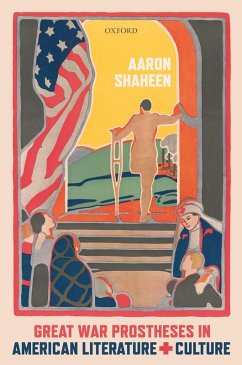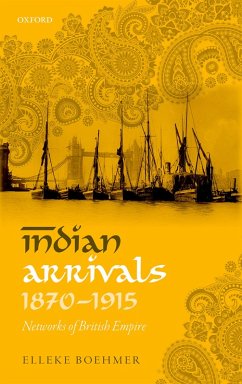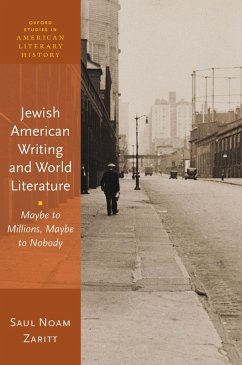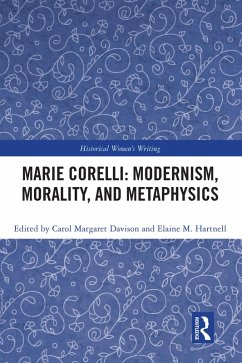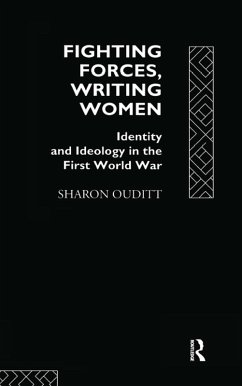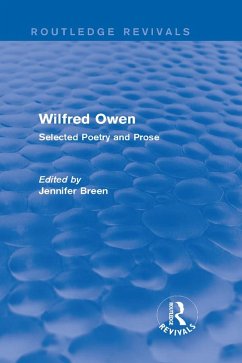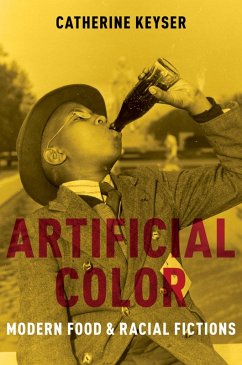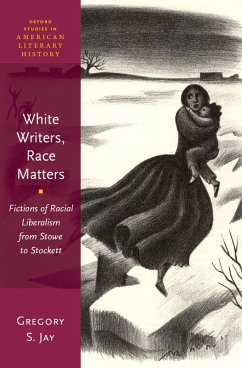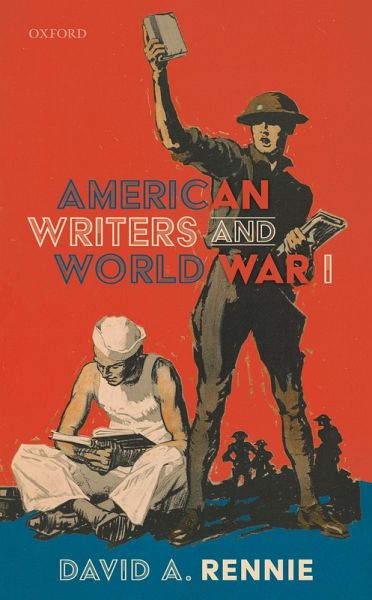
American Writers and World War I (eBook, PDF)
Versandkostenfrei!
Sofort per Download lieferbar
37,95 €
inkl. MwSt.
Weitere Ausgaben:

PAYBACK Punkte
19 °P sammeln!
Looking at texts written throughout the careers of Edith Wharton, Ellen La Motte, Mary Borden, Thomas Boyd, F. Scott Fitzgerald, Laurence Stallings, and Ernest Hemingway, American Writers and World War I argues that authors' war writing continuously evolved in response to developments in their professional and personal lives. Recent research has focused on constituencies of identity--such as gender, race, and politics--registered in American Great War writing. Rather than being dominated by their perceived membership of such socio-political categories, this study argues that writers reacted to...
Looking at texts written throughout the careers of Edith Wharton, Ellen La Motte, Mary Borden, Thomas Boyd, F. Scott Fitzgerald, Laurence Stallings, and Ernest Hemingway, American Writers and World War I argues that authors' war writing continuously evolved in response to developments in their professional and personal lives. Recent research has focused on constituencies of identity--such as gender, race, and politics--registered in American Great War writing. Rather than being dominated by their perceived membership of such socio-political categories, this study argues that writers reacted to and represented the war in complex ways which were frequently linked to the exigencies of maintaining a career as a professional author. War writing was implicated in, and influenced by, wider cultural forces such as governmental censorship, the publishing business, advertising, and the Hollywood film industry. American Writers and World War I argues that even authors' hallmark 'anti-war' works are in fact characterized by an awareness of the war's nuanced effects on society and individuals. By tracking authors' war writing throughout their entire careers--in well-known texts, autobiography, correspondence, and neglected works--this study contends that writers' reactions were multifaceted, and subject to change--in response to their developments as writers and individuals. This work also uncovers the hitherto unexplored importance of American cultural and literary precedents which offered writers means of assessing the war. Ultimately, the volume argues, American World War I writing was highly personal, complex, and idiosyncratic.
Dieser Download kann aus rechtlichen Gründen nur mit Rechnungsadresse in A, B, BG, CY, CZ, D, DK, EW, E, FIN, F, GR, HR, H, IRL, I, LT, L, LR, M, NL, PL, P, R, S, SLO, SK ausgeliefert werden.




